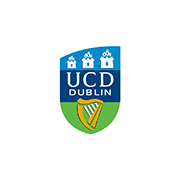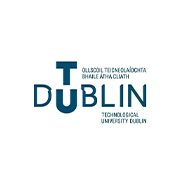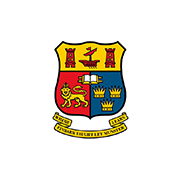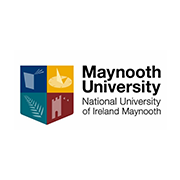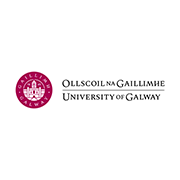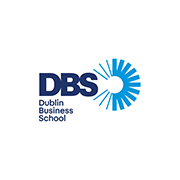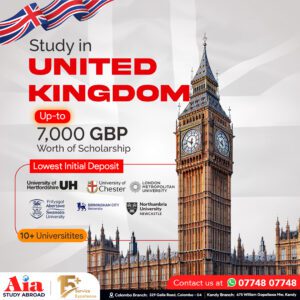Why Study in Ireland?
Ireland, known as the “Emerald Isle,” is an emerging hub for education and innovation, offering a blend of high-quality education, cultural richness, and career opportunities. Home to globally recognized universities and colleges, Ireland excels in fields like business, technology, healthcare, arts, and engineering. With affordable tuition fees, a welcoming environment, and access to the European Union job market, Ireland is an attractive destination for international students. AIA supports students through every step, from selecting universities to visa assistance and settling in
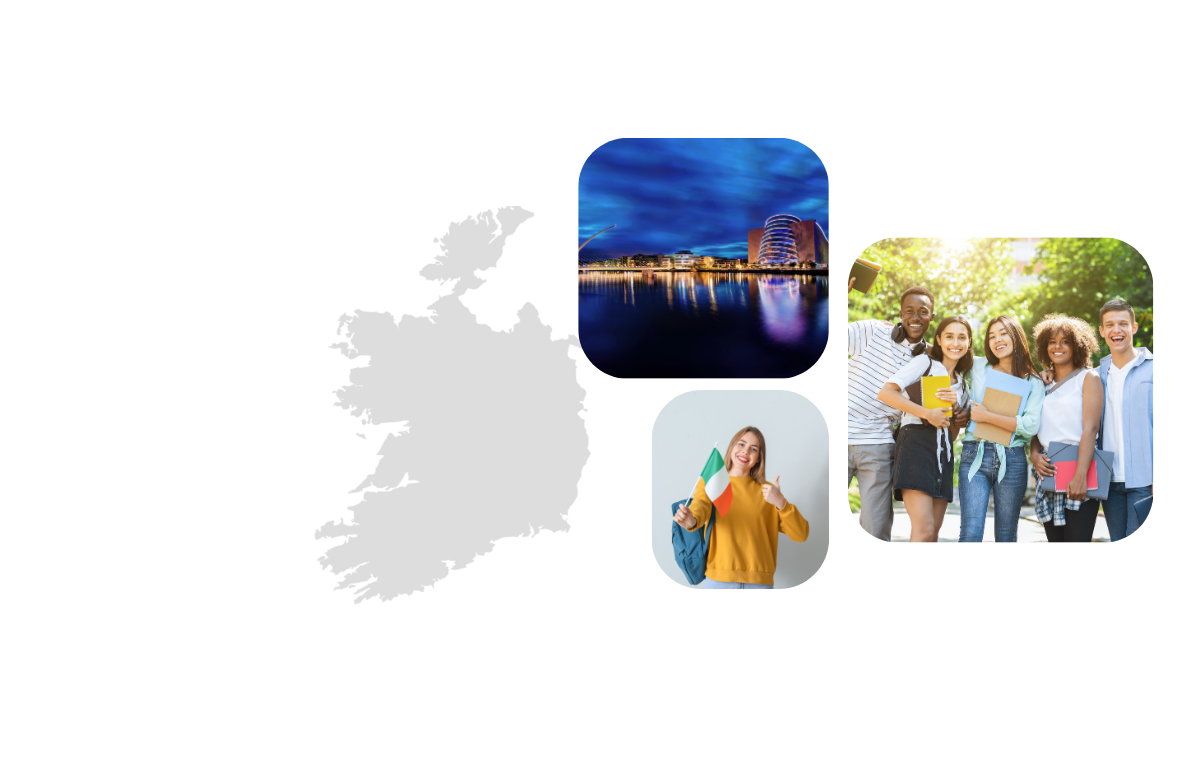
Key Facts to Study in the Ireland
Language Spoken
English and Irish (Gaelic)
Cost of Study
EUR 10,000 – 25,000 per year
Exams Required
IELTS, TOEFL, or PTE
Degrees
Diploma, Bachelor’s, Master’s, and PhD
Intakes
September and January
Best Cities
Dublin, Cork, Galway, Limerick, and Waterford
Our Partnered Ireland Universities
AIA Study Abroad Partnered up with 50+ Ireland Top ranked universities, to choose from
Scholarships
Students can ease their financial burden by applying for these scholarship opportunities:
Get Free Expert Assistance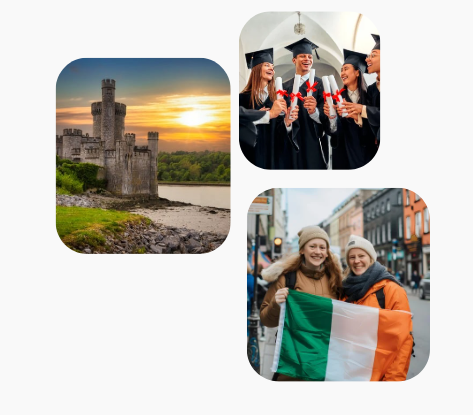
| INTAKES AND DEADLINES | |
|---|---|
| September Intake (Main) | Apply by January–June |
| January Intake | Apply by September–November |
Cost of Study in Ireland
International students should budget EUR 7,000 – 12,000 per year, depending on location and lifestyle.
Undergraduate Degrees:
Tuition fees range from EUR 10,000 –18,000 per year.
Postgraduate Degrees:
Tuition fees range from EUR 12,000 –25,000 per year.
Living Costs:
Dublin:EUR 1,500 – 2,500 per month for accommodation, food, and other expenses
Other Cities: EUR 1,200 – 1,800 per month.
| Type of Expense | Cost(Annual Average) |
|---|---|
| Tuition Fees | EUR 10,000 – 25,000 |
| Accommodation | EUR 4,000 – 8,000 |
| Food and Groceries | EUR 2,500 – 4,000 |
| Transport | EUR 1,000 – 1,500 |
| Miscellaneous | EUR 2,000 – 3,000 |
Post-Study Work (PSW) and Job Opportunities
Ireland offers generous post-study work opportunities, especially
for non-EU students,
including Sri Lankan students:
International students graduating with a recognized degree
can stay for 1 year (for Bachelor’s
graduates) or 2 years (for Master’s and PhD graduates) to search for employment.
Ireland’s economy is fueled by IT, pharmaceuticals, engineering, finance, and creative industries.
WhatApp us your Questions
| Job Sector | Average Starting Salary |
|---|---|
| Information Technology | 30,000 – 50,000 |
| Pharmaceuticals | 35,000 – 55,000 |
| Engineering | 35,000 – 60,000 |
| Business and Finance | 30,000 – 50,000 |
| Healthcare and Nursing | 30,000 – 45,000 |
| Creative Industries | 25,000 – 40,000 |
Documentation Requirements for Sri Lankan Students Applying to Study in Canada
Here’s a detailed list of the documents required for Sri Lankan students planning to study in Canada:
Personal Documents
-
Valid Passport (minimum six months’ validity beyond intended stay)
-
Recent Passport-Sized Photographs (as per specifications)
Academic Documents
-
Certified Copies of Academic Transcripts (O/Ls, A/Ls, or equivalent)
-
Degree Certificates (if applying for postgraduate studies)
Proof of English Language Proficiency
-
IELTS / TOEFL / PTE Academic Score Report
Supporting Documents
-
Statement of Purpose (SOP)
-
Letters of Recommendation (2–3 LORs, academic or professional)
Before Submitting
-
Ensure all documents are certified (where required).
-
Make copies of all documents for your records.
FAQs – Ireland
Ireland is known for its excellent education system, affordable tuition fees, and strong focus on technology and business sectors.
You need an admission letter, proof of funds, medical insurance, and an IELTS score of 6.0 or above for most programs.
Yes, you can work up to 20 hours per week during the academic term and 40 hours per week during holidays.
Graduates can apply for the Third Level Graduate Scheme, which allows you to stay for 1–2 years and look for employment.
